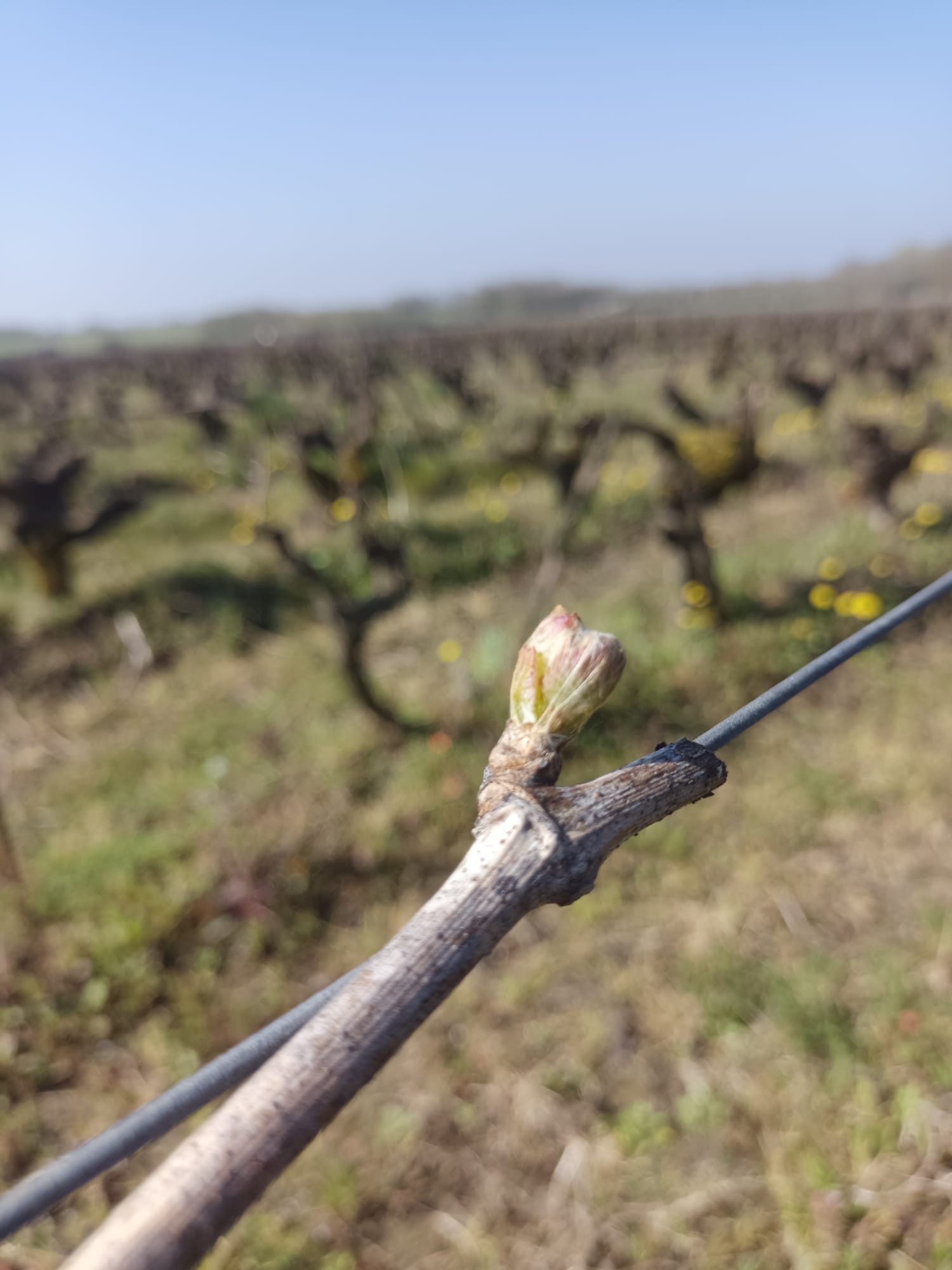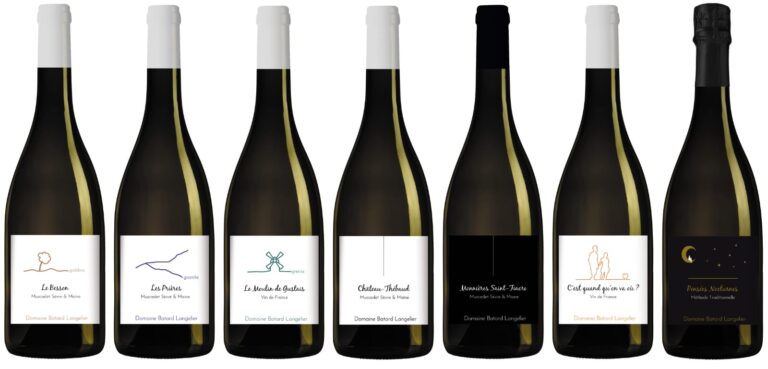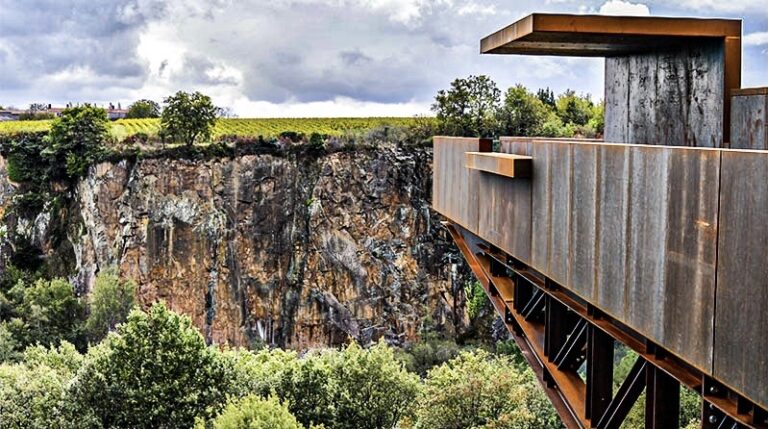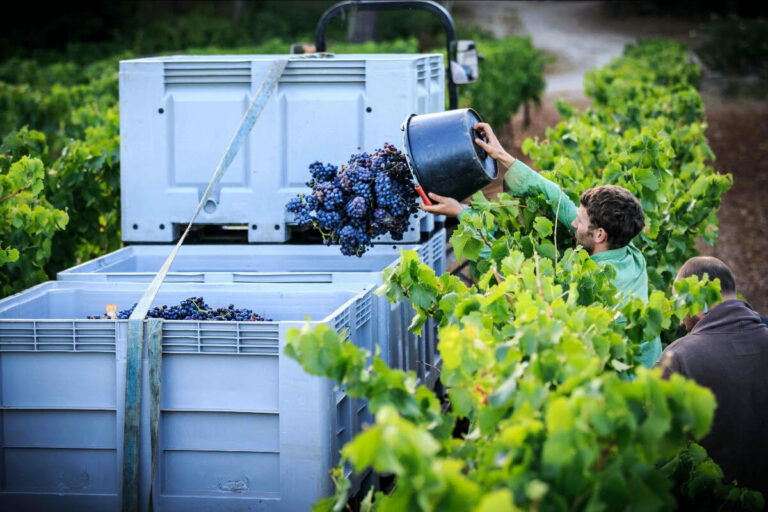The vintage 2024 is launched!

April 2025
Maisdon-sur-Sèvre
The Muscadet Sèvre et Maine wines are sold after a minimum aging of 6 months on the lees. The release of a new vintage typically occurs around March at the earliest.
The bottling date for the Prières 2024 was set on March 1st, 2025 for Domaine Batard Langelier.
Vintage 2024 was a low-yield vintage that suffered from the damp conditions. This vintage produces wines where saline and citrus notes blend with brioche flavors, thanks to the malolactic fermentation that took place this year.

Typicity of the 2024 vintage
The winter was mild, almost warm, and very wet!
Bud break arrived quickly.
The abundant rain in the fall and winter was a welcome sight, as it allowed the water reserves to be replenished. However, after several months of rain, smiles began to fade.
While the vines budded early in the season, their vegetative development was slow, as temperatures remained cool. Nonetheless, there was no hail or frost to cause inconvenience, and Jérémie’s entire vineyard had a beautiful flowering, which was not typical for the appellation.
Unfortunately, the cold spring temperatures caused a lot of vine spinning, even on the estate’s 60-year-old vines.
In addition to these direct losses of unproduced fruit, there were also losses due to a particularly virulent mildew.
This vintage produced a very small harvest, with a yield of 11 hl/ha.
Only two cuvées will be produced:
- Prières 2024, recently bottled
- Besson 2024, still on lees
A small exception to the rule: the wines have made their malolactic fermentation in 2024, adding volume and brioche notes to the usual lemony, saline fragrances and aromas.
Spring 2025 - work in progress
The autumn and winter of 2024 were similar to the previous one in terms of precipitation, which was much less needed :-(
Temperatures remained cold from January to March, and budburst was not yet complete. When we visited at the end of March, the buds were just beginning to swell.

Above picture taken on April 2nd
Jérémie announces with a smile that he’s on time for all his vineyard work: pruning is complete, as is decavaillonage*, and all the soil that was mounded up around the vines has been turned over.
*Decavaillonnage reduces the thickness of soil and weeds around the vines, which impede the rise of heat in the soil. This reduces the risk of frost in spring.


Above pictures taken before and after décavaillonnage
Normally, during the “décavaillonage” operation, starlings fly around the tractor to eat the earthworms or other larvae or insects exposed by the ploughing.
This year, with the cooler temperatures, they’re not there yet, and it’s toads (still asleep) or field mice that Jérémie finds in the furrows, and now it’s the birds of prey’s turn to do their shopping :-)
Another job of the season: installing protection around the plants planted in autumn in the Prières and Moulin de la Gustaie plots. However, once again this year, some vines were stolen, poorly uprooted and probably incapable of bearing any fruit when replanted!


